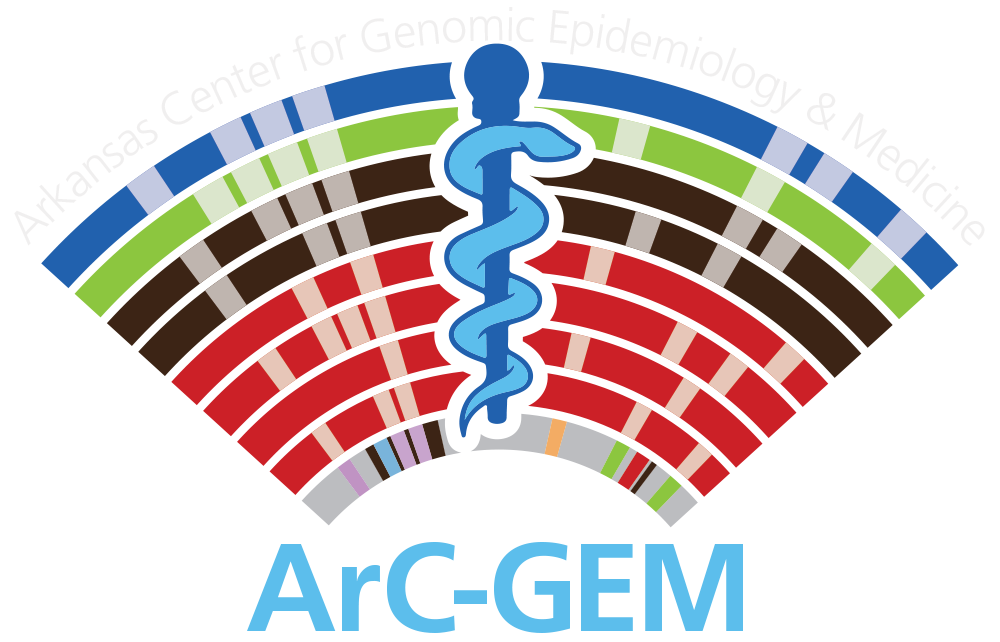Khoomrung S, Nookaew I, Sen P, Olafsdottir TA, Persson J, Moritz T, Andersen P, Harandi AM, Nielsen J.
J Proteome Res. 2019 Oct 18. doi: 10.1021/acs.jproteome.9b00517. PMID: 31625748
Abstract
Alum has been widely used as an adjuvant for human vaccines; however, the impact of Alum on host metabolism remains largely unknown. Herein, we applied mass spectrometry (LCMS)-based metabolic and lipid profiling to monitor the effects of Alum adjuvant on mouse serum at 6, 24, 72 and 168 h post-vaccination. We propose a new strategy termed Subclass Identification and Annotation for Metabolomics (SIAM) for class-wise identification of untargeted metabolomics data generated from high-resolution MS. Using this approach, we identified and validated the levels of several lipids in mouse serum that were significantly altered following Alum administration. These lipids showed a biphasic response even 168 h after vaccination. The majority of the lipids were triglycerides (TAGs), where TAGs with long chain unsaturated fatty acids were decreased at 24 h, and TAGs with short chain fatty acids were decreased at 168 h. To our knowledge, this is the first report on the impact of the human vaccine adjuvant Alum on host metabolome, and may provide new insights into the mechanism of action of Alum.
Read the publication here

